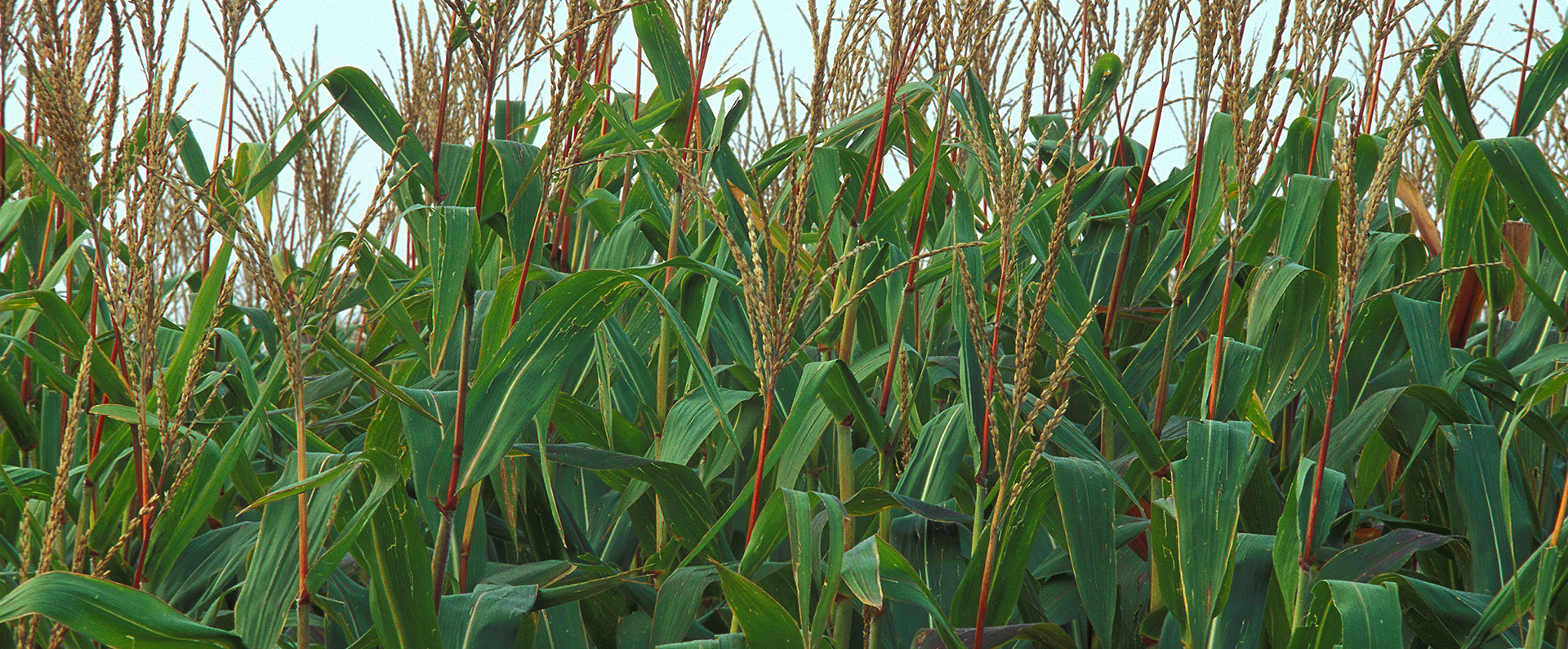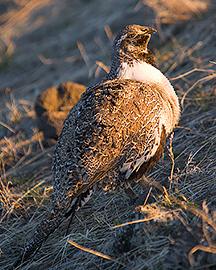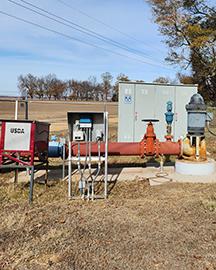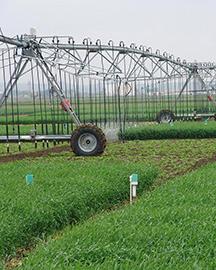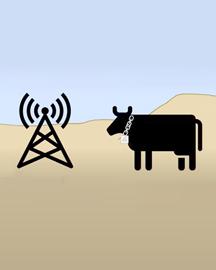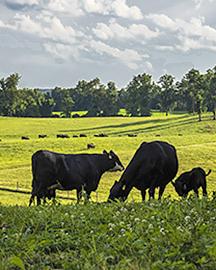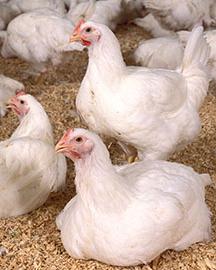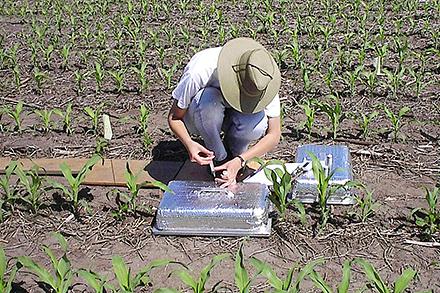
Curbing Certain Greenhouse Gases From Crop Fields Not so Clear-Cut
Corn is a nitrogen-hungry crop that can be satisfied with applications of urea fertilizer. However, some urea typically remains unused in the soil where microorganisms can convert it into nitrous oxide (N2O), a greenhouse gas (GHG) that contributes to climate change. One preventive measure uses soil additives containing nitrogen-fixing microorganisms or chemicals that act as microbial inhibitors. An ARS and University of Minnesota team put these additives to the test in a 3-year field study.
The study found that the additives that were evaluated alone or combined both reduced N2O emissions. However, the benefit of using them, except in one case, was offset by an increase in underground nitrate leaching—a secondary source of GHG and a potential water-quality concern. Indeed, the N20 offsetting effect caused by leaching was so great that some additive-treated fields fared no better than fertilizer-only fields. The published findings sound a cautionary tone on some of the additives' use until further research is conducted or new solutions emerge.
Related Information


